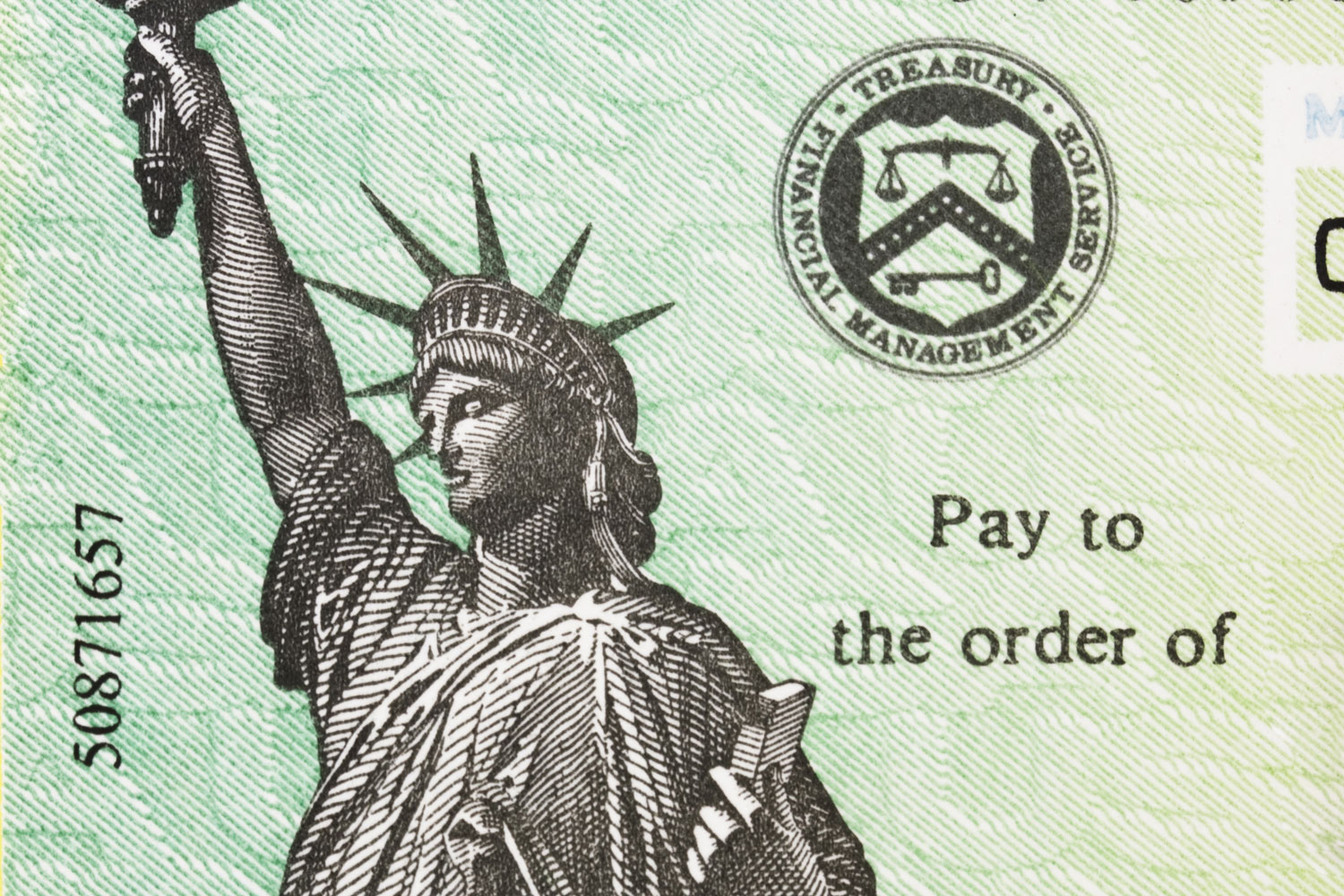


Judging by Putin’s recent actions and rhetoric, there’s little reason to think sanctions will deter his attack on Ukraine. The US announced sanctions this week on major Russian banks, Russia’s sovereign debt, and Russian “elites.” President Biden said the purpose of the sanctions is to “limit Russia’s ability to do business in dollars, euros, pounds, and yen to be part of the global economy.” Notably, the US and its allies have yet to try and ban Russia from the SWIFT payment system. During the Trump administration, the US sanctioned Venezuelan President Nicolas Maduro and Iran’s Supreme Leader Ayatollah Ali Khamenei as part of a broader economic war against the two nations. Leaders the US has sanctioned in the past include North Korea’s Kim Jong Un, Syrian President Bashar al-Assad, and Moammar Gadhafi, the late Libyan leader. But sanctions on heads of state are usually a precursor to the severing of ties, stricter economic sanctions, or military intervention. The US typically doesn’t sanction world leaders it has diplomatic relations with, although there are a few exceptions. The sanctions freeze any assets they have in the US and ban Americans from making transactions with them. The Treasury Department detailed the sanctions and said they apply to Putin, Lavrov, and other members of Russia’s Security Council. The US, the EU, and Britain will all impose sanctions on Putin and Russian Foreign Minister Sergey Lavrov. White House Press Secretary Jen Psaki said the decision was made after consultations with the US’s European allies. The Biden administration on Friday took the step to directly sanction Russian President Vladimir Putin over his assault on Ukraine.


 0 kommentar(er)
0 kommentar(er)
